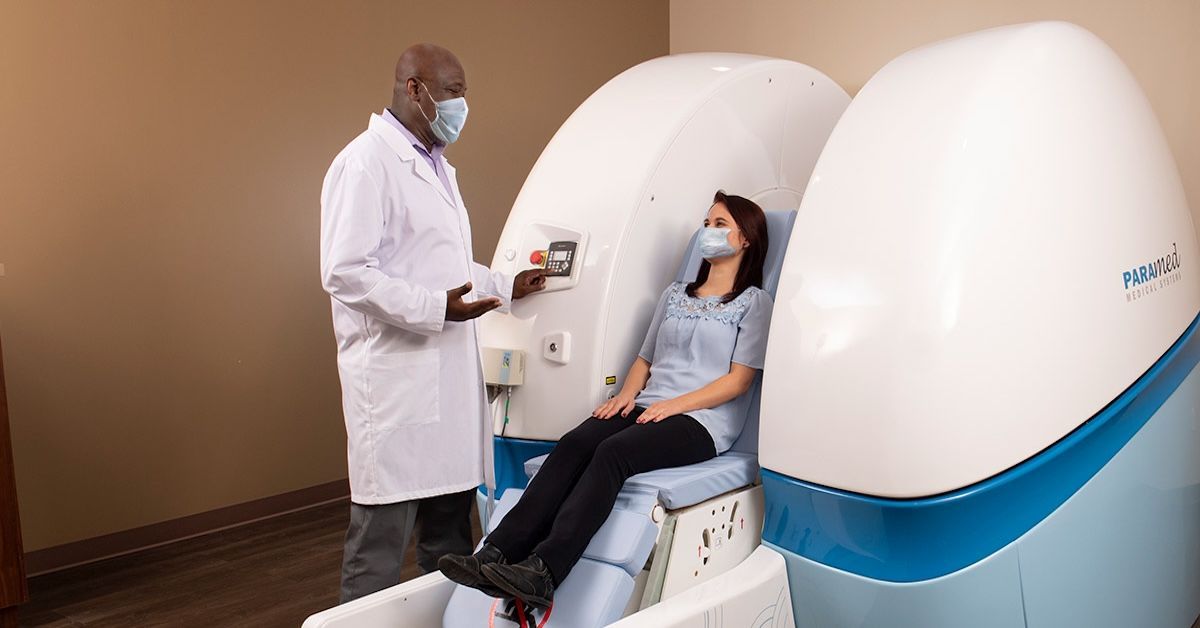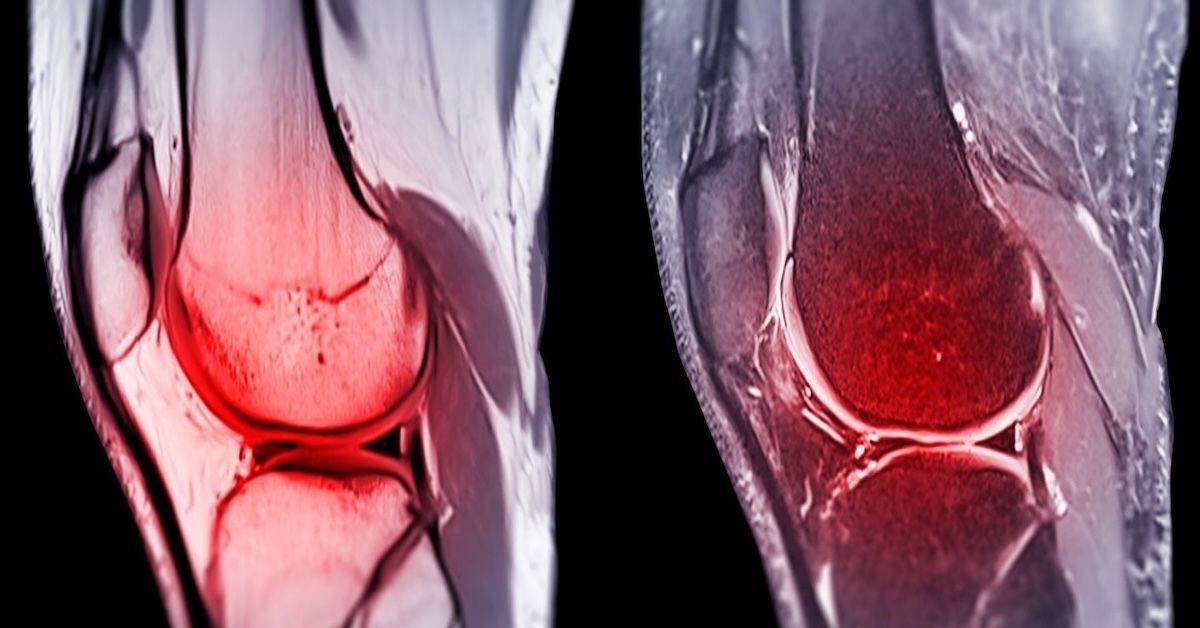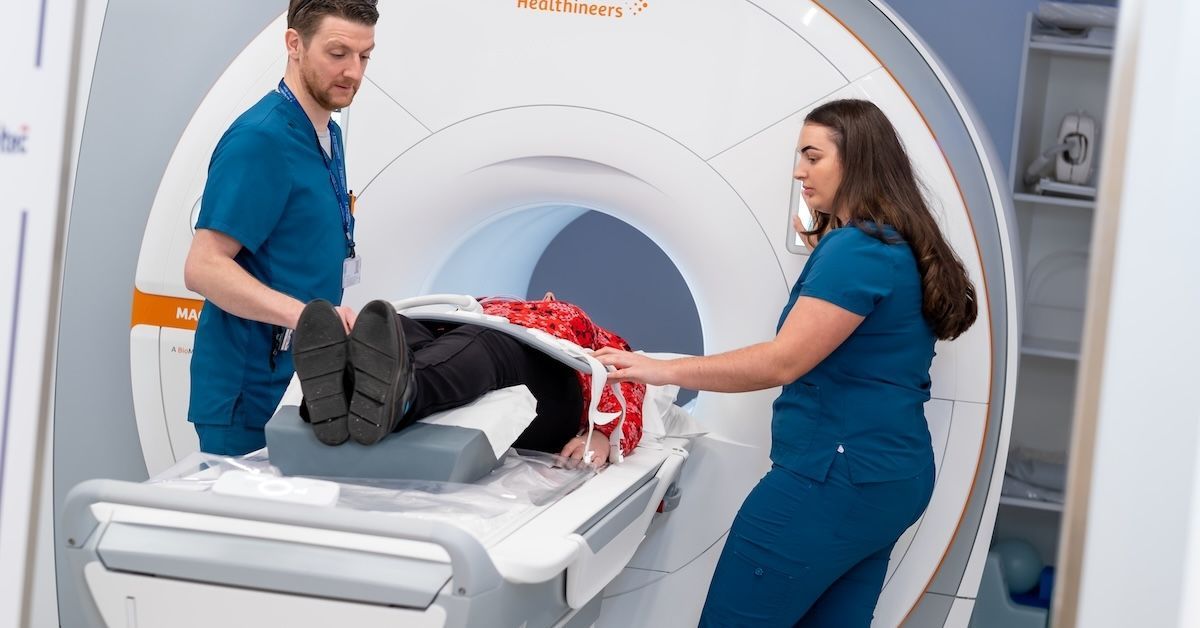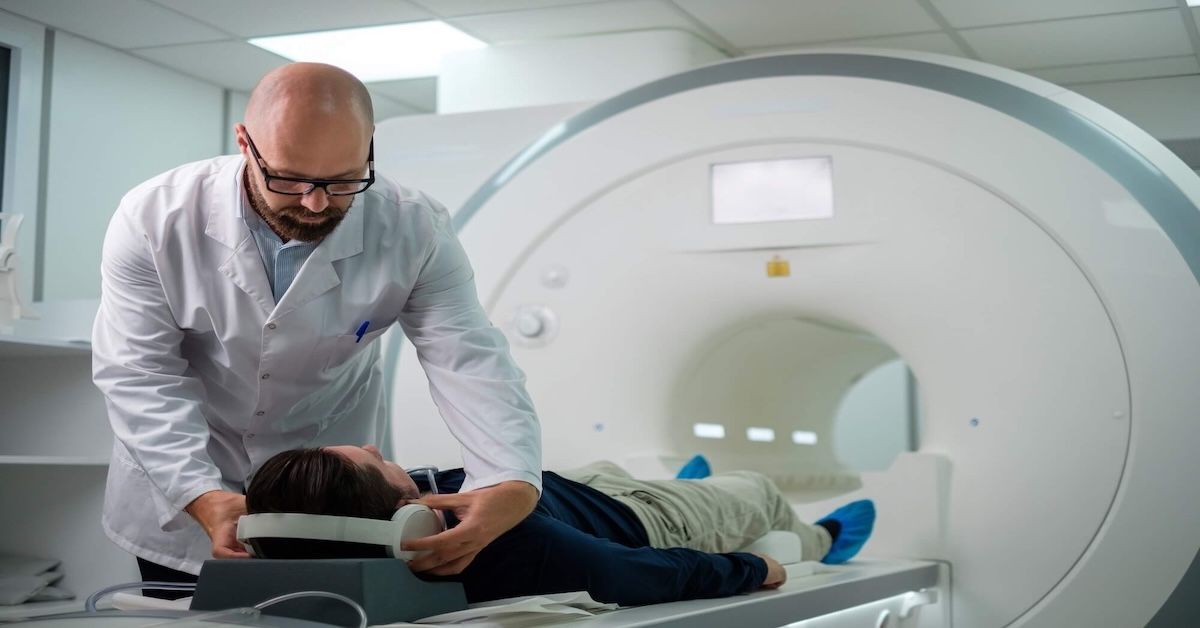457 Lake Cook Road (Deerfield Park Plaza)
Deerfield, IL 60015
Email Us:
Email us directly [+]
Fax: (847) 291-9362
UPRIGHT MRI BLOG

By Alan R
•
February 17, 2025
If you’ve been dealing with back or neck pain that seems to change depending on how you move, a regular MRI may not give you the answers you need. Traditional MRIs capture images while you’re lying flat, which doesn’t reflect how your spine behaves when you're sitting, standing, or bending. This is where flexion and extension imaging comes in. It allows doctors to see how your spine reacts to different movements , helping to detect issues that might not be visible in a standard scan. Upright MRI is the best option for this type of imaging because it captures the spine in a natural, weight-bearing position. Unlike traditional MRIs, which only provide a still image, an upright MRI shows how the spine changes when bending forward or backward. This can reveal hidden spinal conditions that only appear when the body is in motion.
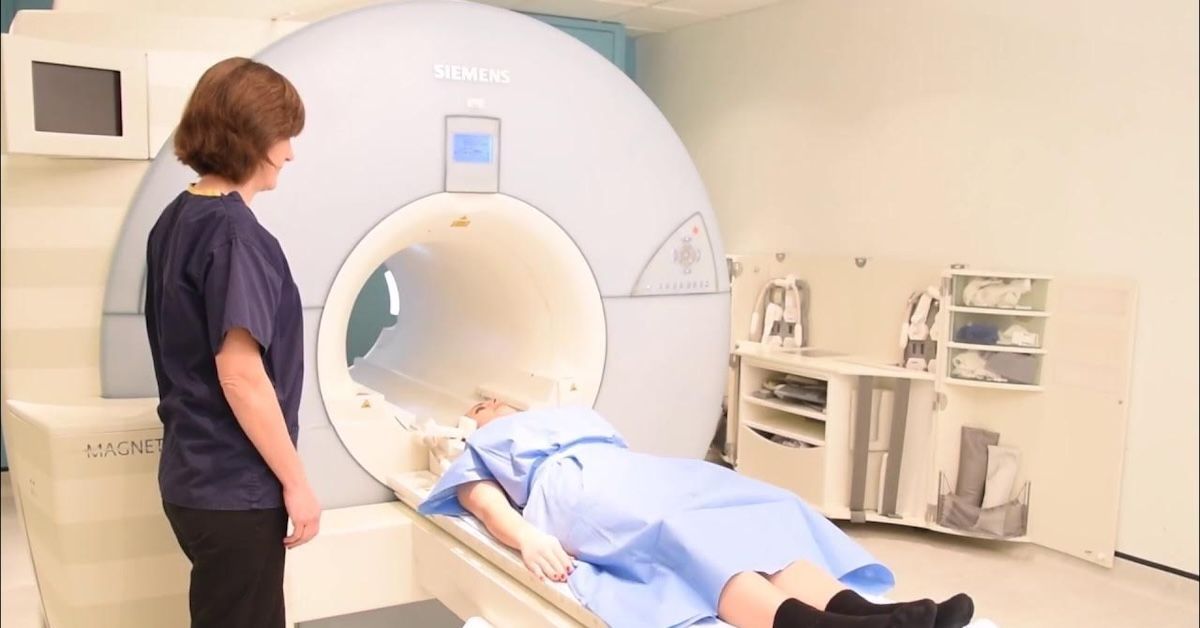
By Alan R
•
December 5, 2024
When dealing with pelvic health issues, accurate diagnosis is critical. Pelvic conditions can be complex, involving a range of organs, tissues, and systems. That’s where MRI (Magnetic Resonance Imaging) scans come in. Known for their detailed imaging capabilities, MRIs offer a non-invasive way to assess pelvic health and pinpoint the root causes of various conditions. Here’s an in-depth look at how MRI scans can assist in diagnosing pelvic conditions and why they are a game-changer in medical imaging.
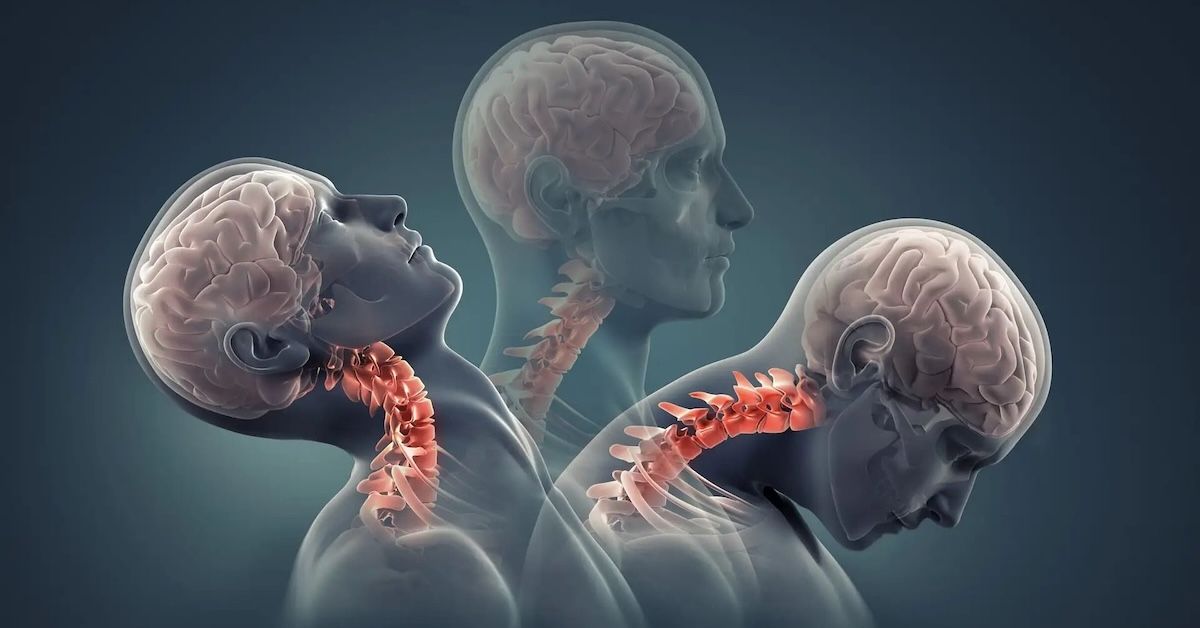
By Alan R
•
December 1, 2024
Cranio-cervical instability (CCI) is a condition that affects the junction where the skull meets the cervical spine. It’s a complex issue that can cause a range of symptoms, from chronic neck pain to neurological problems. Diagnosing CCI requires precision, as the condition often involves subtle changes in ligaments, bones, and other structures. MRI (Magnetic Resonance Imaging) has become a vital tool in identifying and understanding CCI, thanks to its ability to provide detailed images without invasive procedures. Here’s how MRI scans can assist in diagnosing cranio-cervical instability and why they’re an invaluable resource for patients and doctors alike.

Follow UpRight MRI of Deerfield on Facebook
To see our latest news, updates or to get to know us more, we welcome you to follow along our journey in Facebook.
CONTACT DETAILS
Phone: (847) 291-9321
Address: 457 Lake Cook Road (Deerfield Park Plaza) Deerfield, IL 60015
Email: info@uprightmrideerfield.com
Business Hours
- Mon - Thu
- -
- Friday
- -
- Saturday
- -
- Sunday
- Closed
© 2025
All Rights Reserved | Upright MRI of Deerfield | Website designed by NorthShore Loyalty

